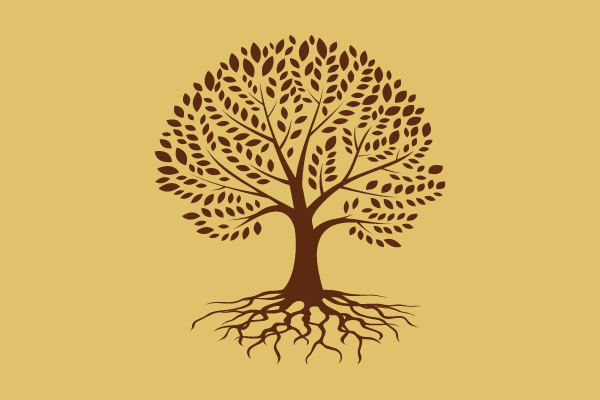Welcome to “Waging Peace”
Remember, you’re the co-creator of this dive. Do as much or as little as you’d like, when you’d like, how you’d like, with the materials I provide. Just keep gentle faith with yourself.
Set your intention
Take a moment to name the primary intention you have for this month-long deep dive and/or this particular session. Take a quiet moment to center yourself in that intention.
Receive the music
Try to refrain from judging the music as “good” or “bad” or forming an “I like it” or “I don’t like it” opinion. For a few minutes, cultivate curiosity and openness. If resistance arises in you, be curious about that too.
Read the poem
I invite you to read this poem twice—aloud, at least once. You may also listen to my reading of the poem, perhaps with your eyes closed.
WAGE PEACE Judyth Hill Wage peace with your breath. Breathe in firemen and rubble, breathe out whole buildings and flocks of red wing blackbirds. Breathe in terrorists and breathe out sleeping children and freshly mown fields. Breathe in confusion and breathe out maple trees. Breathe in the fallen and breathe out lifelong friendships intact. Wage peace with your listening: hearing sirens, pray loud. Remember your tools: flower seeds, clothes pins, clean rivers. Make soup. Play music, memorize the words for thank you in three languages. Learn to knit, and make a hat. Think of chaos as dancing raspberries, imagine grief as the outbreath of beauty or the gesture of fish. Swim for the other side. Wage peace. Never has the world seemed so fresh and precious: Have a cup of tea . . . and rejoice. Act as if armistice has already arrived. Celebrate today. (from Poetry of Presence)
Contemplate/Create
Use any of these questions however you wish—e.g., as openings for meditation or prayer, as prompts for journaling or poetry-writing, as sparks for drawing or painting, as catalysts for change-making . . . You may also ignore my questions altogether to go off in other directions!
Explore the metaphor of “breathing in, breathing out.” What kinds of suffering in the world would you like to transform by breathing it in? What kinds of healing would you like to provide the world by breathing it out? Why do you think the poet relies on the breath as a metaphor for this process?
Explore “armistice” as a metaphor. In the context of your life and worldview, what would it mean “to act as if armistice has already arrived”?
Want to visit with other Rafters in the Deep Dive?
Leave a comment on this post using the button. (Note: if you haven’t created a Substack profile yet, you’ll be asked to do so before you can comment.)
These materials are for educational purposes only. Not for sale or reproduction.
Join me and a SPECIAL MYSTERY GUEST
for a closing Zoom on February 1!
6:00-7:00PM Central (7:00 ET, 5:00 MT, 4:00 PT)
Let’s close “Waging Peace” with a time of voluntary sharing. (It’s fine just to listen!) Come and reflect with other Rafters on this Deep Dive.
Registration is required for this celebration.
(Note: Minimum of five people must have registered for the Refuge by midnight, January 31, in order for this Zoom to take place. Thanks!)









For someone who has trouble carrying a tune,
I found the simplicity of the melody inviting me to sing and to move.
I imagined a circle of folks on a sunny day doing just that,
flowing like the art on the colorful cover.
I also love the embodiment of the lyrics:
Wage peace with your breath,
Wage healing with your touch,
Wage compassion with your eyes,
Wage peace.
Wage acceptance with your mind,
Wage forgiveness with your heart,
Wage justice with your life,
Wage peace.
Judyth Hill’s poem seemed to offer some simplicity, as well.
Breathe. (One of the easiest and a favorite thing to do!)
Make soup.
Learn to knit.
Have a cup of tea…and rejoice.
And just add to the list…
wage peace.
Oh! Could it be that simple?
I only recently discovered the practice called tonglen:
breathing in pain and breathing out blessing.
That’s probably not so simple, but
I imagine it is very powerful.
And then…
“Act as if armistice has already arrived.”
I have heard it said that that was the intention
of the Beatitudes.
When things feel a bit overwhelming,
I return to this idea.
Let me contribute to the celebration of life
by rejoicing with gratitude for
the beauty that is also here
next to and along with the pain.
“Celebrate today.”
I like to look up word meanings I think I know. I looked up Wage, and was reminded it had to do with battle and war. Waging peace, in all its contradiction, is truly active. As a young woman, I thought peace was merely the absence of war and strife. I have come to understand that peace is an action, every bit as much as walking, singing, cleaning, or cooking. Peace starts as an ethereal hope, but it can only be transformed to reality through much serious and intentional work.